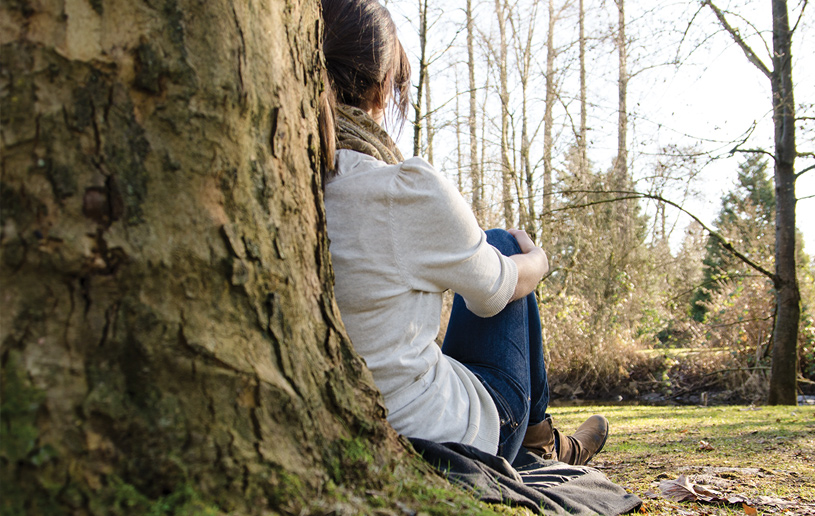
My husband works in a remote part of Alberta and every few weeks his crew must move their camp to a new location. Last week they were ready to move but couldn't because it was Sunday.
Here's why: according to the Commercial Vehicle Safety Compliance in Alberta, moving anything larger than 3.85 metres wide is not permitted on a Sunday or statutory holiday.
While I don't know the history behind this rule it smells like leftovers from the Christian tradition of Sabbath rest. It's not like the practice has died off completely, however, when I was younger shopping on Sunday was frowned upon and I felt guilty if I had to miss church for any reason. Now, not so much.
I think it's safe to say in general our society no longer values regulated Sabbath—in fact we tend to rebel against any structured religious practice, labelling it legalism. These kinds of rituals and traditions are seen as old school, as something we've collectively outgrown.
So then where does Exodus 20:8 fit into our lives? “Remember the Sabbath day by keeping it holy” (NIV). I mean, the directive made it into the Ten Commandments so it must be important. Is there a way we can remember the Sabbath without becoming legalistic about it?
I've been wondering about this for some time. Recently I've come to the conclusion our culture actually does value the concept of Sabbath rest, we just don't realize it. Most people, if they're anything like me, picture the Sabbath as a day of strict religious observance and abstinence from anything fun. But this is not accurate.
Our word “Sabbath” originates from a Jewish word “Shabbat,” which intertwines two biblical concepts: to remember and to observe. It's not a day of self-denial but one where simple things like family, eating, and relaxing are meant to be enjoyed to the fullest. It's a day of rest and spiritual enrichment.
But even this is too dated for our secular minds. There's an Italian phrase floating around pop culture I believe will update the concept of Sabbath perfectly: “il bel far niente.” The beauty of doing nothing.
Resting (or doing nothing) does not take away from the value of hard work; it puts into perspective the reason we work—so we can relax once the work is finished.
Most of us don't know how to rest. We work hard, and we spend our down time playing hard. We relentlessly pursue happiness and pleasure instead of observing times of renewal.
It's in these quiet times of rest and renewal God speaks loudest to us. Or, perhaps, it's when our minds are silent we can hear His voice above the white noise of our everyday lives. I like to think of God's voice as the same gentle whisper Elijah encountered in 1 Kings 19:11-12.
The Lord said, “Go out and stand on the mountain in the presence of the Lord, for the Lord is about to pass by.”
Then a great and powerful wind tore the mountains apart and shattered the rocks before the Lord, but the Lord was not in the wind. After the wind there was an earthquake, but the Lord was not in the earthquake. After the earthquake came a fire, but the Lord was not in the fire. And after the fire came a gentle whisper.
I'm filled with shivers imagining what that must have been like for Elijah. And I wonder how many times have I been too preoccupied to recognize God's gentle whisper in my life.
This year, I'm determined to discover true rest. I don't know exactly how to go about learning to rest but I think the first step is recognizing the beauty of being silent, and doing nothing. My hunch is there is a deep well of refreshment awaiting me, which will help me continue on.

